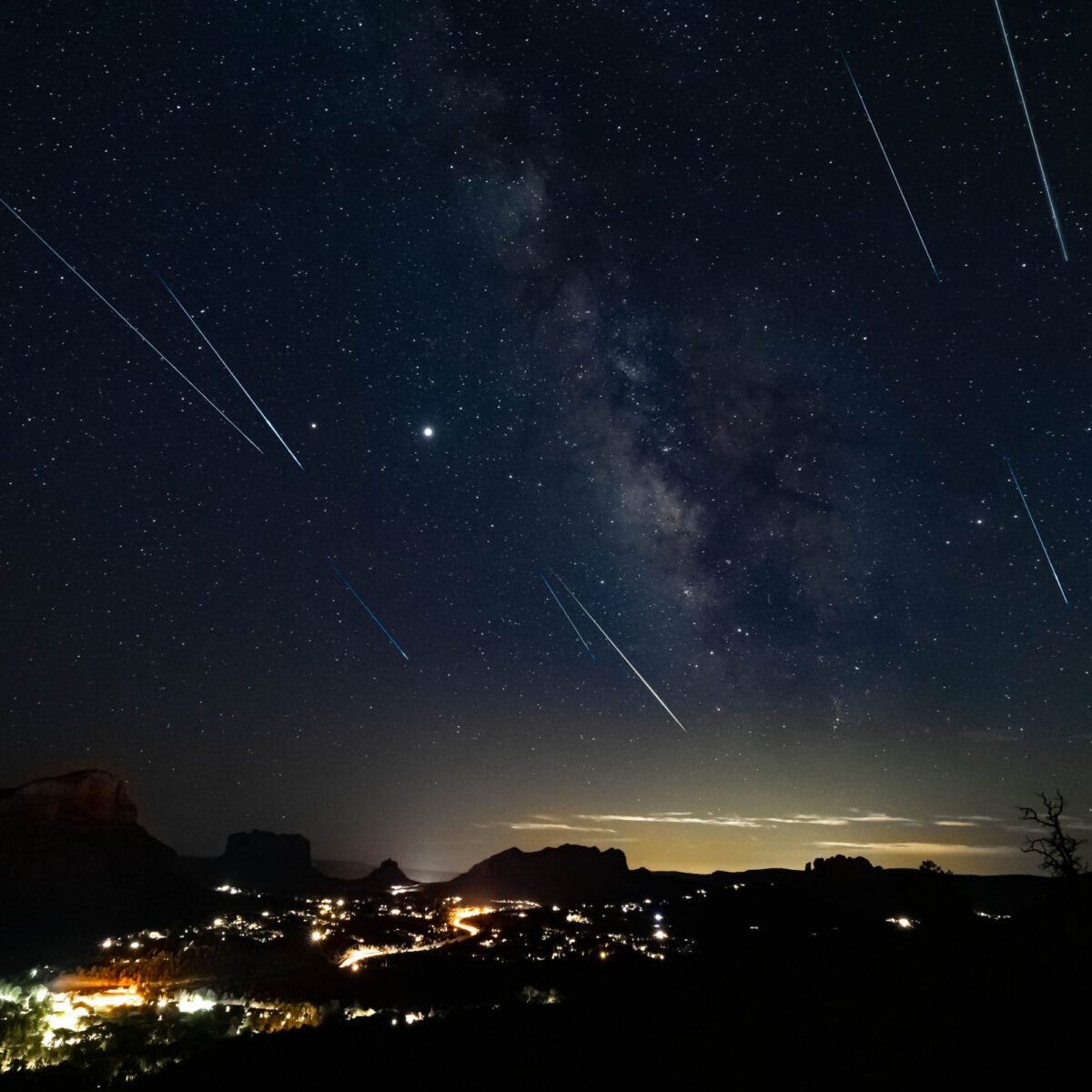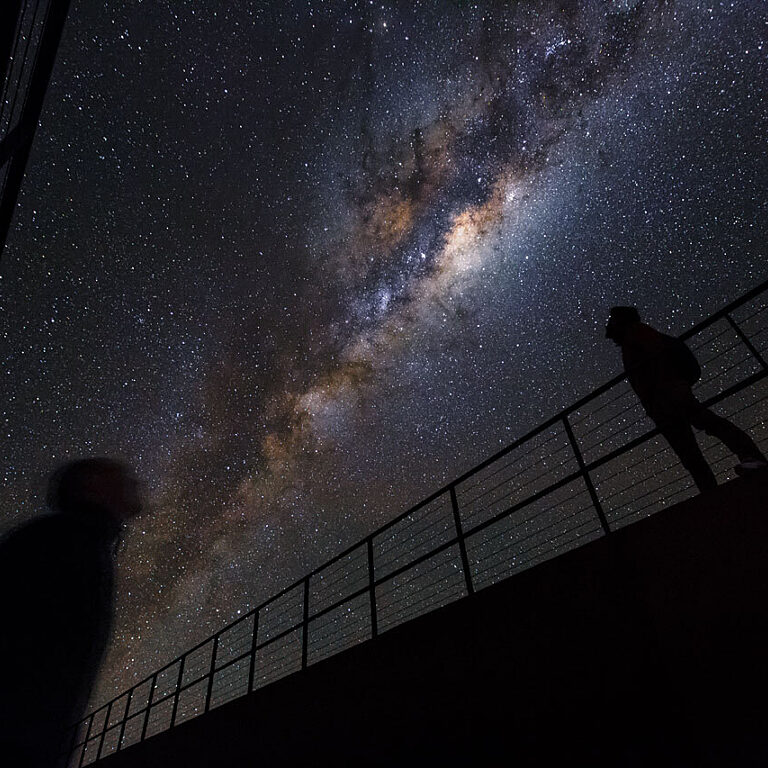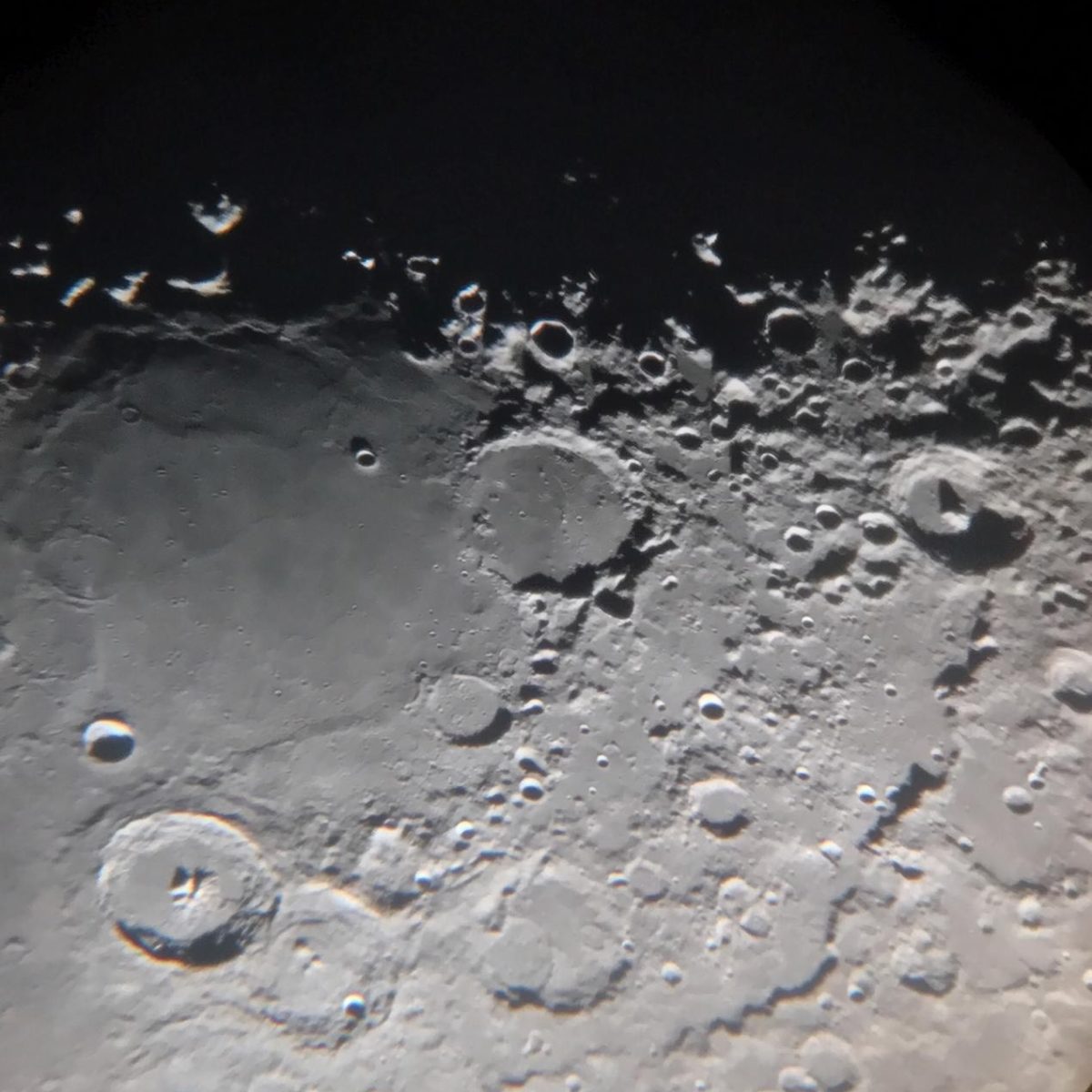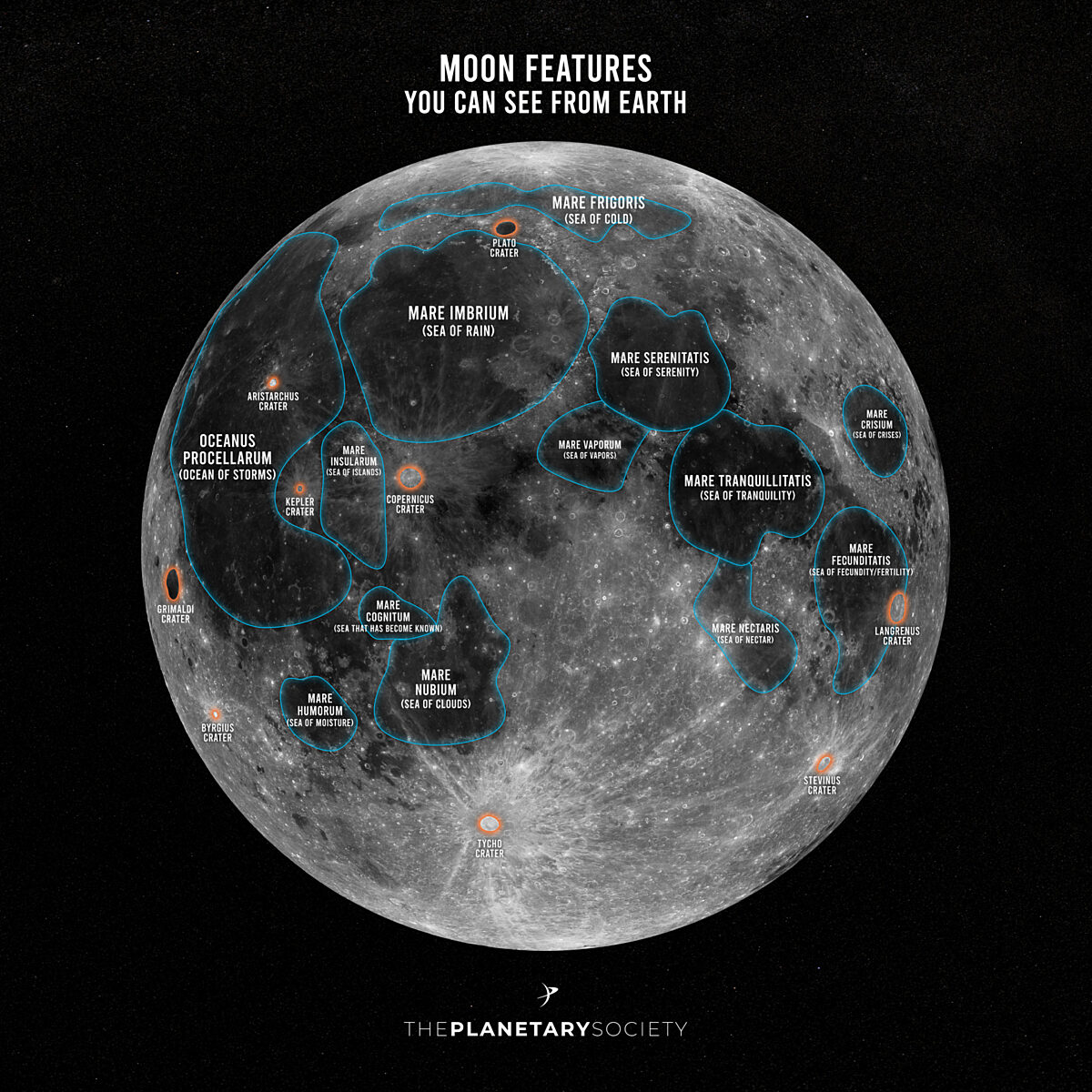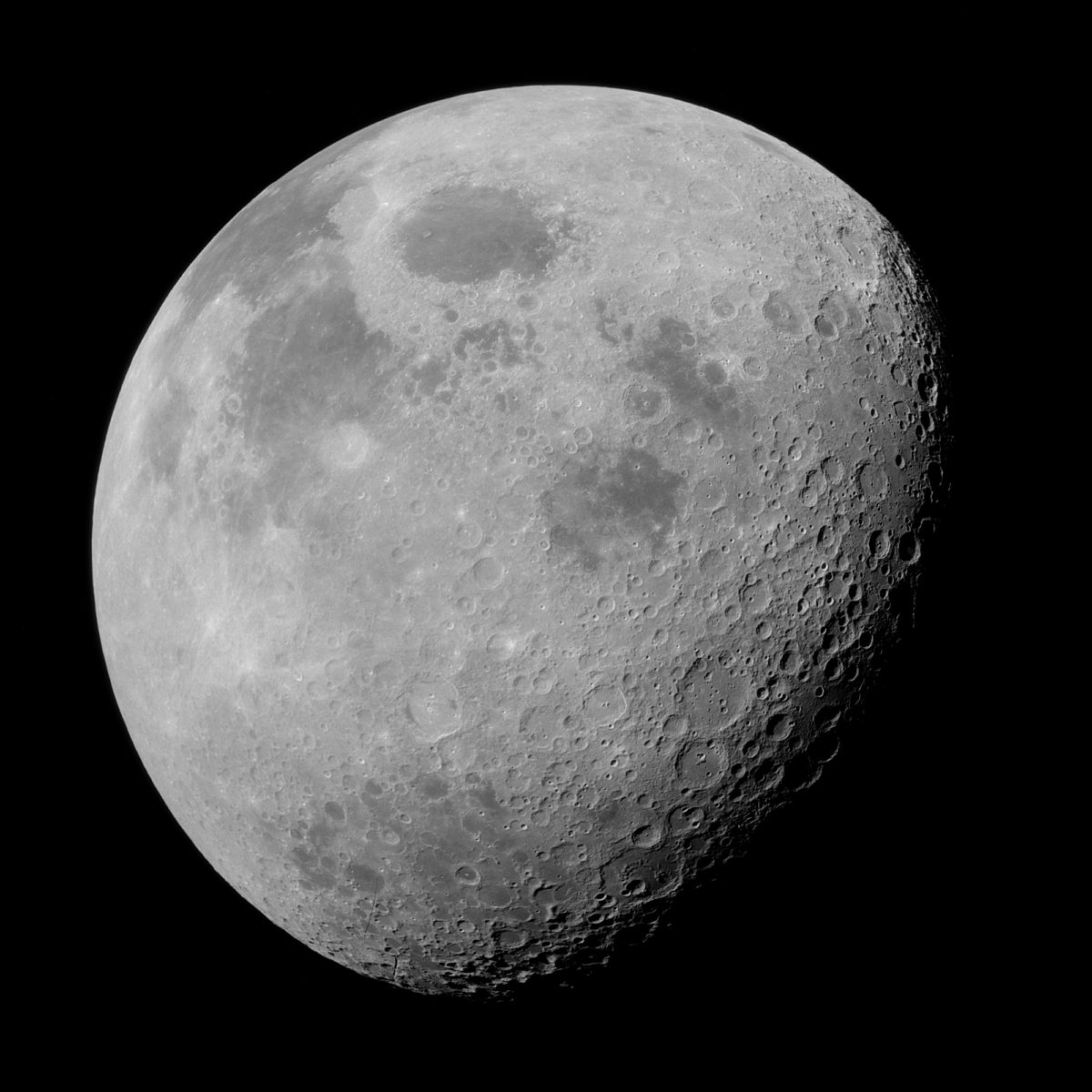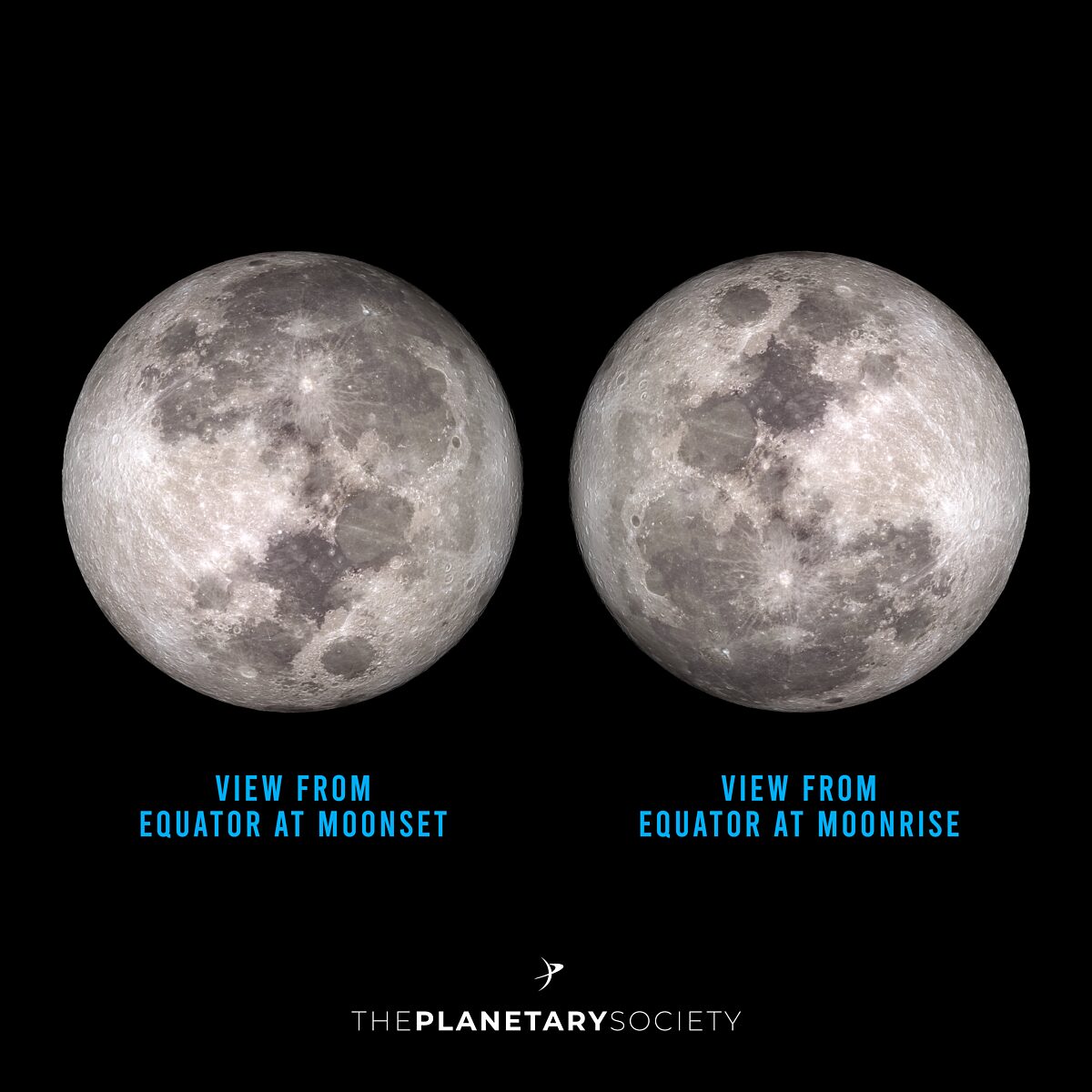On Feb. 24, yellowish Saturn will be near bright Mercury very low to the western horizon just after sunset. You’ll easily see Jupiter and Mars higher in the sky, and even Uranus with binoculars (or a really dark site and good eyesight), and maybe Neptune with a telescope. Learn more about what to look for in February’s night skies.
What’s up in the night sky: February 2025
Our monthly feature focuses on easy and fun things to see in the night sky, including eclipses, supermoons, meteor showers, planetary conjunctions, and more.
The Quadrantid meteor shower 2025: How to watch
Here's everything you need to know about the annual Quadrantid meteor shower and how to watch it.
A beginner’s guide to stargazing
It only takes a few basic tips to start exploring the night sky.
Your current night sky view
Want a map of tonight's sky for your location? We recommend Stellarium, available on the web and for mobile devices.
Night Sky Toolkits
Five best things to see with a beginner telescope From planets like Jupiter and Saturn to wonders beyond our Solar System like the Andromeda Galaxy, here are five things in the night sky that beginner stargazers can find with a simple telescope or binoculars.
Astronomy for Beginners
An introduction to backyard astronomy for amateur stargazers.
How to pick the best beginner telescope
Picking out your first telescope can be overwhelming. This easy-to-follow guide will help you find the best telescope that you'll actually use.
Night Sky Photography for Beginners
An introduction to full-sky astrophotography using a digital camera.
Moon Toolkits
Moon features you can see from Earth
What can you see on the Moon tonight? This guide from The Planetary Society will help you identify some features.
What is a supermoon?
What is a supermoon, and why does it happen?
The Moon, gateway for science and exploration
The Moon is the only world besides Earth ever walked on by humans. By studying it, scientists can learn about Earth’s past and better understand worlds throughout the galaxy.
Can the Moon be upside down?
When you think about how the Moon looks in the night sky, you might never have considered that it looks different to people in other parts of the world. But really, perspective is all relative.


 Explore Worlds
Explore Worlds Find Life
Find Life Defend Earth
Defend Earth



